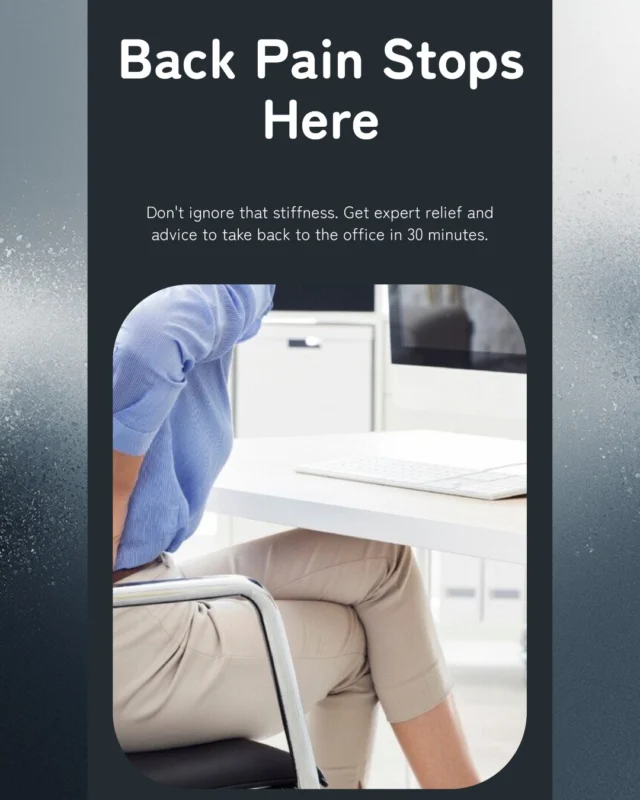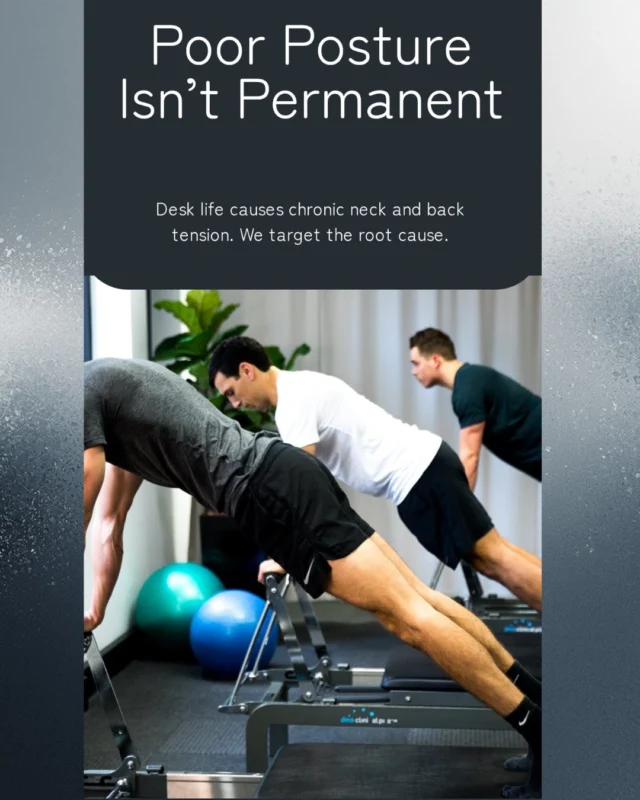Reactive tendinopathy is a tendon irritation injury resulting in increased inflammation and subsequent pain. It is generally the result of increasing load to a tendon which is not used to handling that load. For example doing heavier weights at the gym, starting a new sport or shifting furniture around. It happens in any tendon and usually comes after a larger than normal effort. A painful reaction of the irritated tendon after asking more from your body when you are otherwise used to doing less. The result is obviously pain.
Recently there has been a trend for a short term fix, a steroid injection to the tendon to relieve pain, yes it feels good, but is it the best treatment option? Let’s explore a little more.
To get an injection in your shoulder or not?
Reasons for a shoulder injection are obvious, my shoulder hurts and the injection will take away the pain. Research suggests you will have a remarkable reduction in pain, particularly around 6 weeks after your injection. Sounds good so far.
Does this reduction in pain mean the tendon is fixed? Unfortunately not. Corticosteriod injections decrease tenocyte proliferation and these are the cells that build new fibres to repair. Less cells means less capacity to mend damage to the tendon. In degenerative tendinopathy a cortisone injection has the ability to accelerate tendon degeneration. The shoulder feels better so you use it more, yet structurally may become more compromised causing greater risk of tear in the future.
Research suggests in the mid to long term there is no difference between having an injection and no injection. 12 weeks after injury there is no significant difference in pain measures between patients having a corticosteroid injection and those that don’t. Furthermore, if you have an injection, 12 months later you are likely to have more visits to your GP, and more likely to have a follow up injections than if you don’t have one to start with.
A corticosteroid injection is a short term fix which doesn’t address the underlying potential cause of the shoulder pain. Once the pain has been dealt with the common perception is that your shoulder is fixed, out of sight, out of mind. More often than not you require exercises to restore strength and control, and promote beneficial structural change to the tendon.
If you have an irritated shoulder and would like us here at Bend + Mend to take a look then book in to see one of our experienced Physiotherapists. We can give you the right advice and treatment for a better long-term result.





